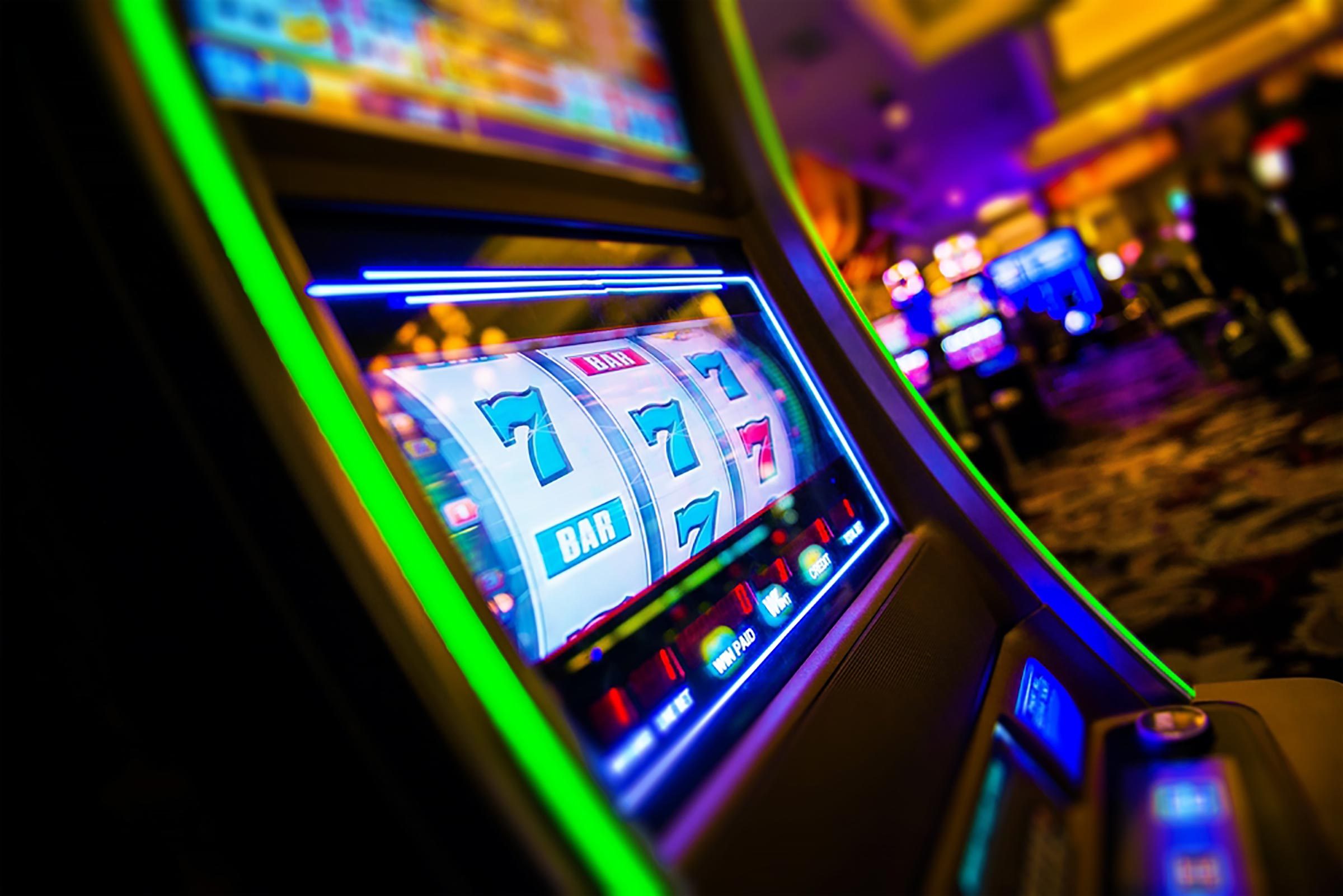
Casino gaming has long been a subject of interest and debate, drawing in millions of players globally. With a blend of luck, skill, and the thrill of risk, casino games offer an exhilarating escape from everyday life. However, as entertainment becomes ever more accessible, it calls for a more thorough examination of the morality surrounding these games.
At the heart of the discussion lies the question of whether casinos promote responsible gaming or take advantage of vulnerable individuals. The appeal of potential winnings versus the truth of losses can create a complex dynamic, and understanding this balance is essential for both players and operators. As we delve into the morals of casino gaming, we will explore the responsibilities of casinos, the effects on society, and the measures that can be taken to foster a better gaming environment.
The Impact of Casino Gaming on Society
Gambling in casinos has a significant influence on societal dynamics, affecting not only the financial landscape but also social behaviors and local frameworks. The income generated from casinos can lead to job creation and boost local economies, as they provide various employment opportunities in multiple fields including hospitality, leisure activities, and shopping. However, while the financial benefits can be substantial, communities often grapple with the possible negative impacts that arise from higher gambling activity.
Additionally, the presence of casinos can lead to an rise in gambling addiction, presenting significant challenges for players and families. The thrill of casino games can quickly evolve into a habitual habit, affecting connections with others and leading to financial instability. Many players may struggle with the loss of control over their gambling habits, resulting in a need for assistance programs and help to address this increasing issue. The social cost of addiction can ripple through kinships and neighborhoods, creating an urgent need for sensible gambling approaches.
In addition to the economic and social consequences, casino gaming often reflects cultural attitudes towards risk and leisure. It can encourage a sense of excitement and leisure, attracting tourists and boosting local travel. However, this allure may also conceal the broader implications of gambling as a method of entertainment, provoking ethical questions about its advertisement and accessibility. As communities weigh the benefits and disadvantages of casino gaming, the need for responsible practices and oversight becomes increasingly critical in ensuring that the positive aspects are enhanced while reducing the negative effects.
Ethical Issues in Gambling Practices
The ethics of casino operations often center around the potential for dependency and its effects on individuals and families. Gambling can lead to serious financial distress, impacting not only the gamblers but also their families. As individuals become entrapped in the allure of winning, many lose track of their financial limits, which can result in devastating outcomes such as insolvency. This raises ethical questions about the responsibility of casinos in fostering safe gambling habits and offering support for those who may be struggling with gambling addiction.
Another major concern is the advertising of betting to at-risk populations. Gambling establishments often aim at low-income individuals or communities with the offer of quick gains, which can perpetuate cycles of poverty and despair. In this context, the ethics of marketing strategies used by gambling establishments come under scrutiny, as they may take advantage of the desperation of individuals seeking an way out from economic troubles. This manipulation raises moral questions about the honesty of the gambling industry and its obligation to safeguard its most vulnerable customers.
Additionally, the effect of gambling operations on society as a whole cannot be ignored. While some argue that casinos create employment and boost local economies, others point to the social costs associated with problem betting, increased criminal rates, and a burden on public services. Balancing financial advantages with the risk for community issues presents a challenging ethical dilemma for policymakers and gambling operators alike. The challenge lies in discovering a ethical approach that prioritizes the well-being of individuals and society while still permitting for the enjoyment of casino gaming.
Regulation Framework and Responsibilities
The legal framework related to gaming games is designed to ensure equity, integrity, and player security. Different government bodies and gambling commissions set and enforce regulations that dictate how gambling activities work, the criteria for game creation, and the processes for handling rewards. https://kjc.auction/ These regulations differ by jurisdiction but typically involve permit requirements for providers and strict measures to stop cheating and fraud.
In furthermore to regulatory bodies, gaming operators bear major accountability in upholding ethical standards within their establishments. They must adopt ethical gambling practices that support player security and awareness, including presenting self-exclusion options and sharing information about the dangers associated with gambling. Casinos are also obligated for training staff to identify signs of difficult betting and know the correct actions to help visitors in trouble.
Additionally, openness in gaming operations is crucial for gaining and keeping public trust. Casinos should provide clear data about the odds of games, marketing opportunities, and any connected dangers. By creating an atmosphere of integrity and trust, casinos can help mitigate the likelihood negative impact of gaming while enhancing the overall gambling experience for all participants.
